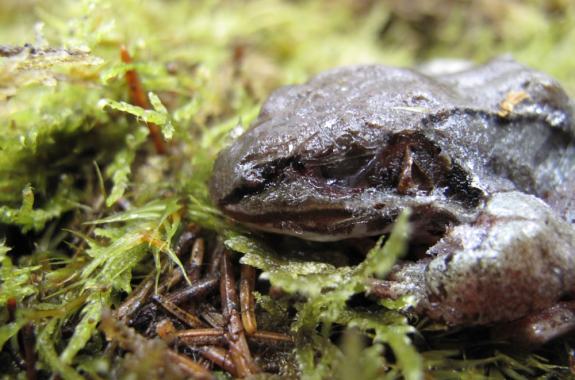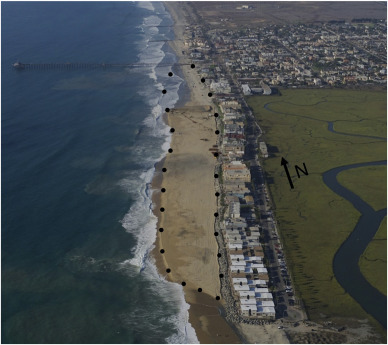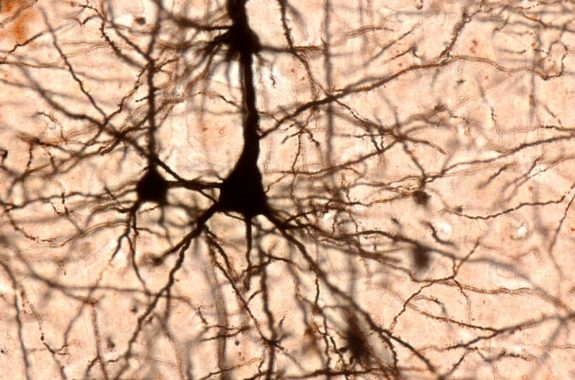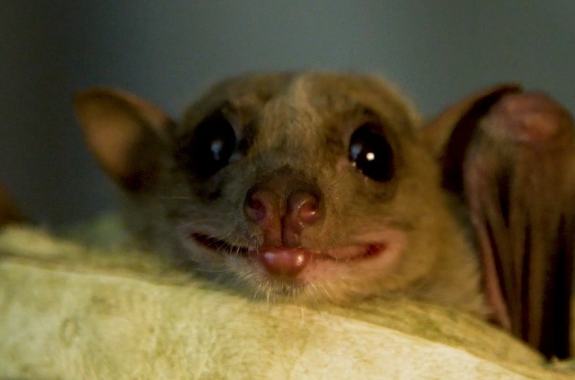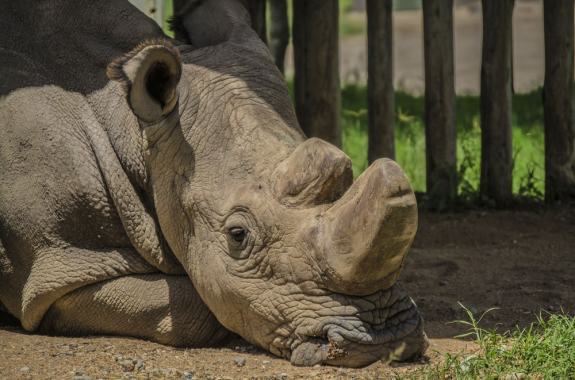Christie Taylor was a producer for Science Friday. Her days involved diligent research, too many phone calls for an introvert, and asking scientists if they have any audio of that narwhal heartbeat. She also coordinates SciFri’s coverage of science and the arts (“sciarts”).
During her undergraduate at the University of Wisconsin-Madison, Christie was almost a biology major but took a chance turn down the path of thing-explaining and realized it was the only thing she wanted to do. Since then, she’s worked as a print and online reporter, technical writer, and a science writer for a university press office.
She takes extra joy in writing interview questions about space exploration, creative research methods, and the intersection of science and society.
5:02
When Great Lakes Water Is ‘Public’ And When It Isn’t
Foxconn’s Lake Michigan bid raises questions about interpreting a young law.
17:25
The Frogs And Insects That Freeze
From midge larvae to wood frogs, how extremophiles weather brutal winter temperatures without harm.
17:05
A ‘Fingerprint Scan’ For Earthquakes Caused By Fracking
Can small earthquakes predict where oil and gas extraction can be done most safely?
4:28
Does More Sand Always Mean A Better Beach?
Adding sand to beaches is a longstanding coastal tool. But are there any downsides?
17:10
More Options For Cancer Immunotherapy
We can teach the immune system to kill tumors. But how will researchers get past autoimmune side effects and other challenges in cancer immunotherapy?
9:15
Do Our Brains Keep Growing As We Age?
More research finds evidence of new cell growth in aging brains. So why do our minds slow down as we get older?
26:47
50 Years Ago: The Odyssey To Craft ‘2001’
A look back on Arthur C. Clarke, Stanley Kubrick, and the science fiction masterpiece they wrote as they went along.
17:20
Can We Predict Urban Gun Homicides?
Thousands of people of color die every year from gun homicides in cities. Can social science predict and prevent their deaths?
16:43
Little Bats, Impressive Resumes
Fancy flying, fast thinking, and sophisticated sonar: Why bats seem to have it all.
7:24
A Rhino’s Last Chance, Carbon Emission Carnivores, And Water On Exoplanets
The last male northern white rhino is dead. But he may still be able to help his species survive.

